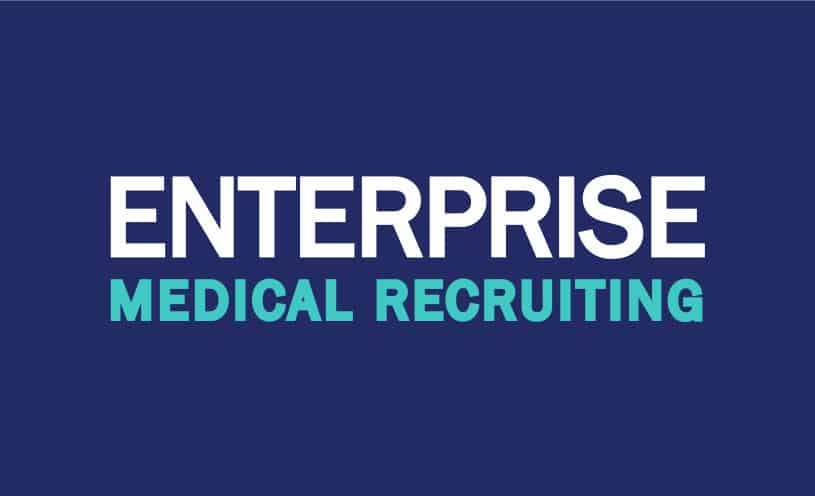Physician Job Search Guide: Creating Your Medical Resume
Career Advice

Welcome to the second part of our Job Search Guide. In this series, we break your job search into four main areas and provide tips, recommendations, and things to look out for with each one. Be sure to check out Part 1, Part 3, and Part 4 as well!
One of the first things a hiring manager or recruiter will ask for when you apply for a job is your resume or CV. To be prepared and present your education and experience in a polished and professional manner, we recommend working on your CV now. Whether you’re starting from scratch or are dusting off an existing resume, you should aim to include the following information.
What to Include in Your Medical Resume
Contact Details
Include your first and last name, cell phone number, and email address. Be sure to use a professional-looking personal email address, i.e. not one tied to your current place of employment and not one like bikerguy82@yahoo.com. You can set up a free account at gmail.com if you need a new one.
It’s not necessary to include your physical address – in fact, if you’re looking to relocate to another city or state then your current physical address could be distracting. And never include your age or gender; while that is customary in some countries, it’s not recommended in the U.S.
- Take-away: Make it easy for them to contact you!
Certifications and Licenses
You’ll want to list if you are board certified or board eligible (here’s a quick primer on the difference), as well as list all the states you are licensed in. If you are in the process of being licensed in a particular state, for example if you are planning to relocate there, list that too. (Not sure how long that can take? Check out our article on the best timing when looking for a physician job.)
- Take-away: Let them know your specialty and certification right away!
Work Experience
This section is where you’ll list prior and current job experience, if any. List the name of the place you worked, including which department, dates worked, and any notable achievements. You can also include relevant volunteer experience, which is especially great if you are just starting out your career and don’t have much other experience yet. Start with the most recent and work your way down in reverse chronological order.
- Take-away: Highlight your relevant experience in a digestible format.
Education and Training
List the name of the school, dates attended, and major area of study for undergrad and medical school. You’ll also want to list where you completed (or are in the progress of completing) your residency and, if applicable, a fellowship. If you received any awards or honors throughout your training, list those as well. Like with your work experience, list your most recent education first, then go down the list in reverse chronological order.
- Take-away: Present your education and all relevant training clearly.
Achievements, Skills, and Additional Information
This section is an opportunity to stand out from the rest. Mention any relevant presentations you’ve given, publications you’ve written, committees you are a member of, or additional certifications you hold. Don’t be shy, but of course always be honest!
The last paragraph of this section is where you can mention anything that didn’t fit nicely into the above areas but still needs to be included. For example, if you’ll be needing visa sponsorship, be sure to note that here. You can also list your hobbies, interests, and community involvement, all of which help recruiters and hiring managers get a better sense of you as a person instead of just being words on a page.
- Take-away: Stand out from the pack with relevant and succinct additional information.
Writing Your Medical CV
Now it’s time to put all this information together in a presentable format. We recommend a simple, readable font (a sans serif font like Arial or Calibri works great) in font size 11 or 12. Use the subheadings above to break up the information into digestible sections.
Feel free to download this template and use it as a starting point for your own medical resume.
For further tips on polishing up your resume, check out our article on the Anatomy of a Medical Resume.
Hiring managers at hospitals and healthcare organizations receive numerous CVs each day. Be sure yours stands out and presents your skills and qualifications in the best light. If you need help, our team of specialty-specific recruiters offers free, confidential CV reviews. Contact us to get your own personal career consultant and your free resume review!

